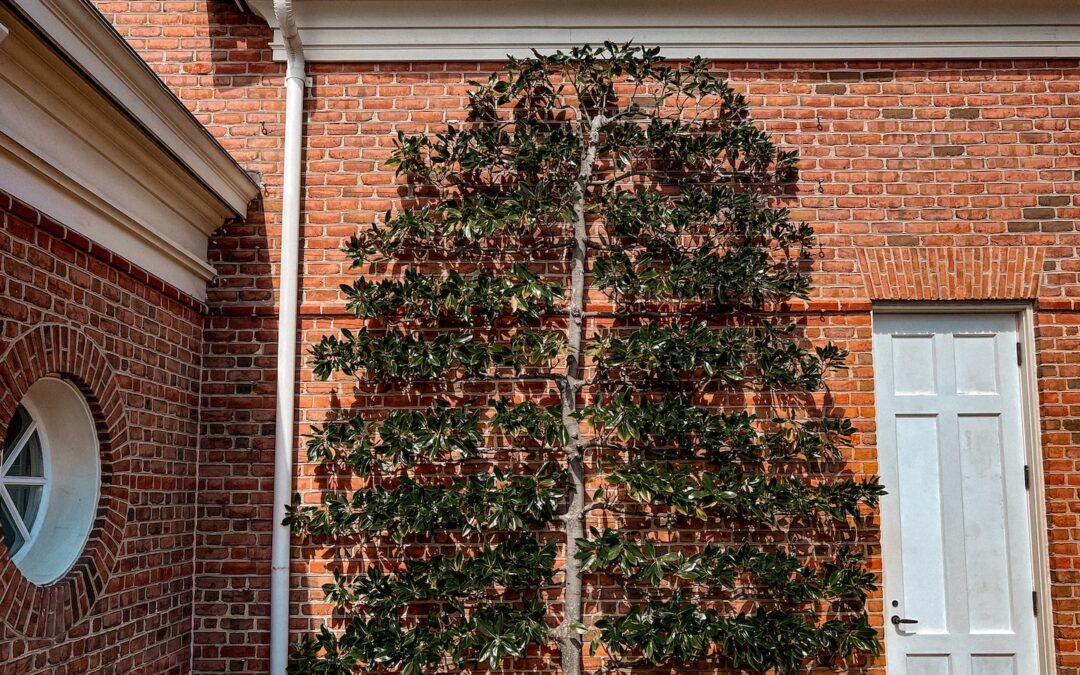Gardening can be both rewarding and frustrating. On the one hand, it is deeply satisfying to create something from nothing, growing a bounty of vegetables and flowers from a patch of soil. On the other hand, garden pests can wreak havoc in a short amount of time, destroying all your hard work. Here is an overview of some of the most notorious garden pests and how to squash them.
Common Garden Pests
Aphids
Aphids are small insects, usually ranging in color from green to yellow to brown. They feed on the sap of plants, and their secretions can cause yellowing and wilting of the leaves. Aphids reproduce rapidly and can quickly take over a garden. To control them, use organic sprays of pyrethrin, insecticidal soap, or neem oil. You can also use beneficial predators such as ladybugs, lacewings, or hoverflies.
Caterpillars
Caterpillars are the larvae of butterflies and moths, and can vary drastically in size, shape, and color. They feed on the foliage of plants, creating holes and damaging leaves. The best way to prevent caterpillars from taking hold of your garden is to keep the area clean, removing any debris or weeds that may provide shelter. If the population grows too large, use a Bacillus thuringiensis (BT) spray to keep them in check.
Slugs
Slugs are small, slimy creatures that love to munch on garden plants. They can be particularly damaging to seedlings and newly planted flowers. To combat slugs, sprinkle diatomaceous earth around your plants, which will act as a barrier and reduce the slug population. You can also use beer traps to lure the slugs away from the plants, or hand-pick them off the foliage at night.
Snails
Snails are similar to slugs, but they have hard, protective shells on their backs. They can be found hiding in dark and damp places, munching on young foliage and flowers. To control them, keep the garden clean by removing any piles of debris, as these can provide a hiding place for snails. Sprinkle diatomaceous earth and salt around the plants to make the soil inhospitable to snails.
Cutworms
Cutworms are the larvae of night-flying moths. They feed on young plants, cutting through seedling and plants with their sharp, firm jaws. Their damage can be substantial, with plants and seedlings completely decimated. The best way to prevent them is to use a sticky material such as molasses or corn syrup around the base of the plants; this will act as a barrier to keep the cutworms away.
Whiteflies
Whiteflies are tiny, powdery white insects that feed on the sap and juices from plants. They reproduce rapidly, and in large numbers can quickly take over a garden and cause severe damage. To control them, introduce beneficial predatory insects such as ladybugs, or use an organic spray to kill off the whiteflies.
Fungus Gnats
Fungus gnats are small, dark insects that feed on the roots and leaves of plants. They reproduce in moist and damp soil and can be identified by the white larvae they create. To prevent them, keep the soil dry and aerated; mulch can also help. If the population is large, use a neem oil spray to knock them back.
Thrips
Thrips are small, slender, insectlike creatures that feed on the leaves of plants. They explain their territory by leaving a distinctive, bronze-colored trail of excreted waste. To control them, use sticky materials such as molasses to trap them, or use a natural spray of neem oil or insecticidal soap.
Mealybugs
Mealybugs are small, soft-bodied creatures covered with white, powdery wax. They feed on the juices of plants, sucking them dry and leaving behind a sticky residue. To control them, use insecticidal soaps or spray the plants with rubbing alcohol. You can also introduce beneficial predators such as lacewings or ladybugs.
People Also Ask Questions
What causes garden pests?
Garden pests are caused by a variety of factors, including the climate, soil quality, and proximity to other plants. Unfavorable conditions such as high humidity, warm temperatures, and unbalanced soil can all contribute to a garden pest infestation.
How do you get rid of bugs in the garden?
The best way to get rid of bugs in the garden is to use organic methods such as beneficial predators, diatomaceous earth, and natural sprays. These methods are often more effective than chemical sprays and are less harmful to the environment.
Is vinegar good for killing garden pests?
Vinegar is good for killing small pests such as aphids, slugs, and whiteflies. Dilute a solution of vinegar and water and spray it on the affected plants to kill the pests.
What is the best way to prevent garden pests?
The best way to prevent garden pests is to promote healthy soil and plant hygiene. Keep the area clean and remove any debris that could provide shelter for pests. Use mulch and organic fertilizers to maintain soil nutrient levels.
Are there any natural ways to control garden pests?
Yes, there are many natural ways to control garden pests. Beneficial predators such as ladybugs and hoverflies can be used to keep the population in check. You can also use natural sprays such as neem oil and insecticidal soap to eliminate pests.
Final Words
Garden pests can be difficult to control, but the key is to act quickly before the population takes hold. With a bit of preparation and knowledge, you can keep your garden safe and healthy. With the right methods, you can enjoy the rewards of a beautiful garden without the hassle of annoying garden pests.

